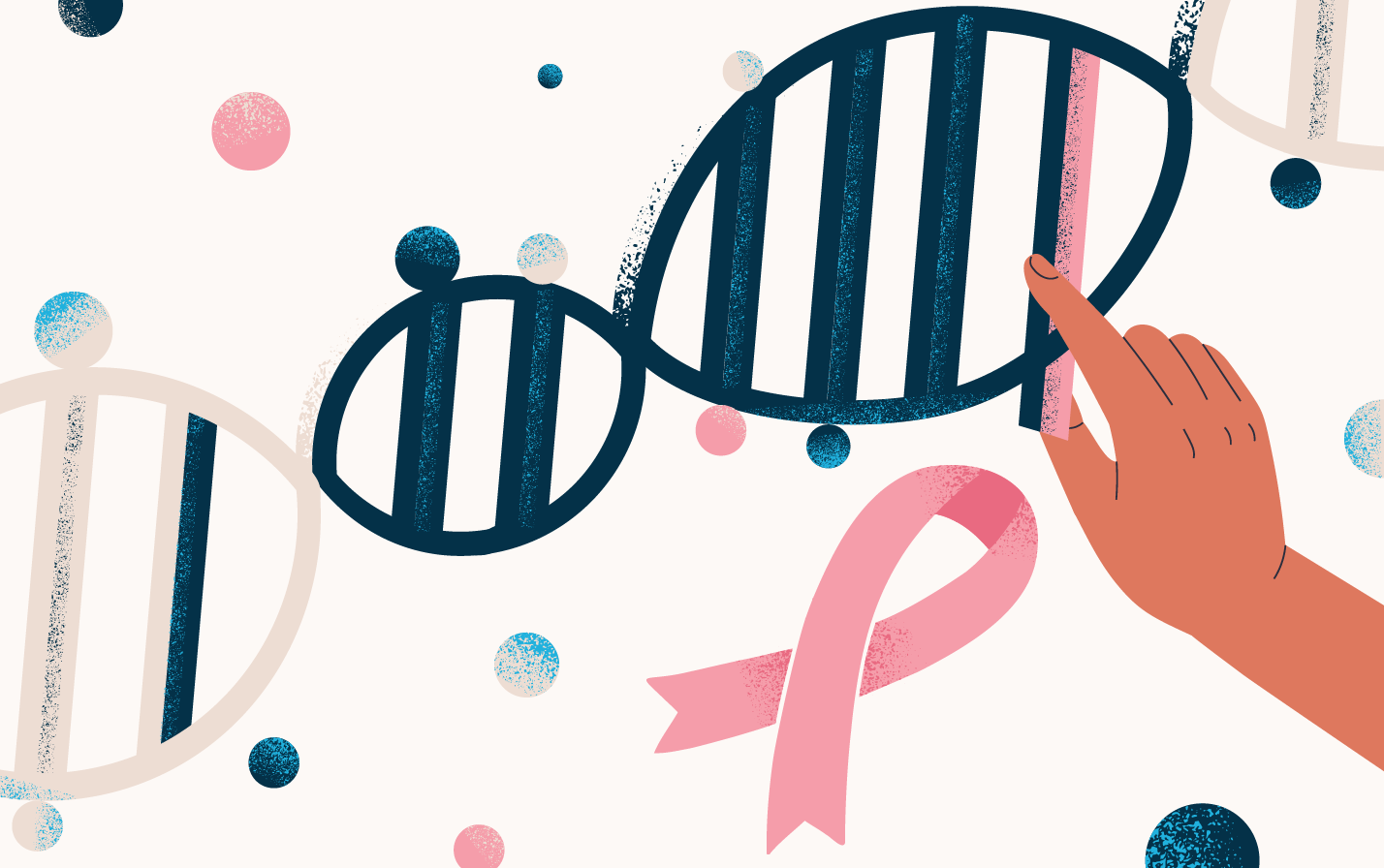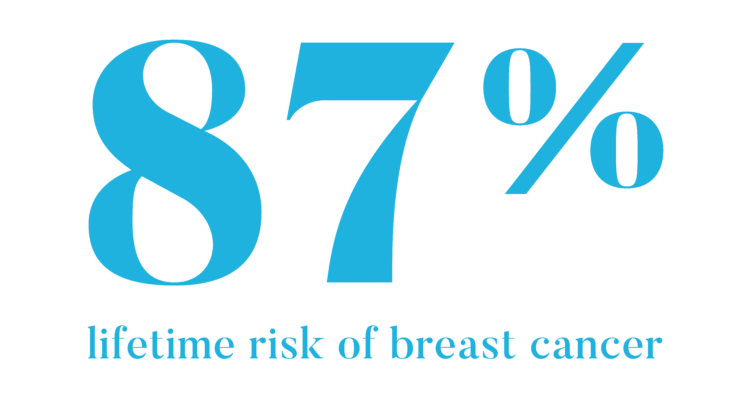
Fertility Preservation | Community
I Froze Embryos to Prevent My Future Children From Being BRCA Carriers
In my life, cancer feels more like an inevitability than a possibility.
I carry the BRCA-2 gene mutation. Considering my family history, the BRCA-2 diagnosis means that I have an eighty-seven percent lifetime risk of breast cancer, a thirty percent lifetime risk of ovarian cancer, and elevated lifetime risks of melanoma and pancreatic cancers. These are staggering — heart-wrenching — odds.
I learned I carry the mutation on the heels of my dad’s cancer diagnosis. When I was twenty-three, my dad was diagnosed with metastatic prostate cancer. He’s doing well thanks to targeted treatment therapies, but the diagnosis has been devastating. My dad is my closest friend, my confidante, and my mentor. The diagnosis came after his own mother’s cancer diagnoses: first, ovarian cancer, and several years later, a fatal battle with pancreatic cancer.
 I’ve watched, powerless, as cancer has ravaged the lives of so many in my family, so it came as no surprise when my dad’s oncologist recommended that we get genetic testing.
I’ve watched, powerless, as cancer has ravaged the lives of so many in my family, so it came as no surprise when my dad’s oncologist recommended that we get genetic testing.
Until that point, I’d never heard of genetic testing. The process involves meeting with a genetic counselor, mapping out your family history, and drawing (and testing) your blood. My dad got tested first, confirming that he had the BRCA-2 mutation. But BRCA is a germline mutation, meaning that a parent has a 50-50 chance of passing the mutation onto their child.
Shortly after he was tested, I tested positive, too.
Seven years later, I’ve learned the importance of preventative healthcare. When I was 26, I had a preventative double mastectomy that reduced my risk of breast cancer to less than 5%. The surgery series included three consecutive surgeries within one year. It was enormously difficult on my body and mind, but I knew it was the right choice for me. And just two years after my last surgery, I modeled for Sports Illustrated Swimsuit’s 2022 magazine—scars and all.
By taking my cancer risk into my own hands, I'm reclaiming agency over my BRCA diagnosis.
By taking my cancer risk into my own hands, I’m reclaiming agency over my BRCA diagnosis. I’m moving forward with empowered, scientifically backed decisions to mitigate my cancer risk and hopefully transform that cancer inevitability back into a possibility.
My preventative surgeries aren’t over. In the next 10 years, I’ll remove my ovaries to reduce my risk of ovarian cancer. Although I’m told it’s not as arduous of a surgery as the double mastectomy, I’m still anxious at the reality that I’ll be catapulted into surgical menopause years early.
The BRCA mutation, like so many other genetic mutations, is immensely challenging to navigate and live with.
Now, I’m taking steps to ensure that my family’s lineage of BRCA ends with me. Thanks to in vitro fertilization (IVF) and preimplantation genetic testing (PGT), one can bank frozen eggs (or embryos, in my case) and perform biopsies to determine which ones carry the mutation. When my partner and I are ready to get pregnant, we’ll implant an embryo that doesn’t carry the mutation.
I did my first cycle this summer with Spring Fertility, and I couldn’t imagine a more positive experience. We began with a baseline ultrasound to determine the number of follicles we’re working with, and then began the stimulation phase, where I injected myself with hormones 2-3 times per day over the course of nine days. Two days after my trigger shot, I underwent the egg retrieval, and my partner and I learned that we were able to collect 5 healthy embryos!
The embryos then evolved to blastocyst, when four were biopsied for the BRCA-2 mutation. The biopsies were subsequently sent out for genetic analysis.
We’re awaiting the results of our embryos now. It’s more than likely that we’ll need to freeze another cycle to bank more embryos, but we’re excited and invigorated to get one step closer to a BRCA-free reality for our future child(ren).
My deepest hope is that our future child won’t live under the specter of elevated cancer risk. Thanks to preventative healthcare measures, I’ve been able to mitigate my risk as much as I can, but I’ll always fear that even with all of my decisions, I’ll one day get cancer. There’s no way to entirely eliminate my elevated cancer risk, even with recent advancements in cancer research and technology. Mutated genes will stay mutated.
But I’m taking every step possible to ensure that I don’t pass on this legacy.